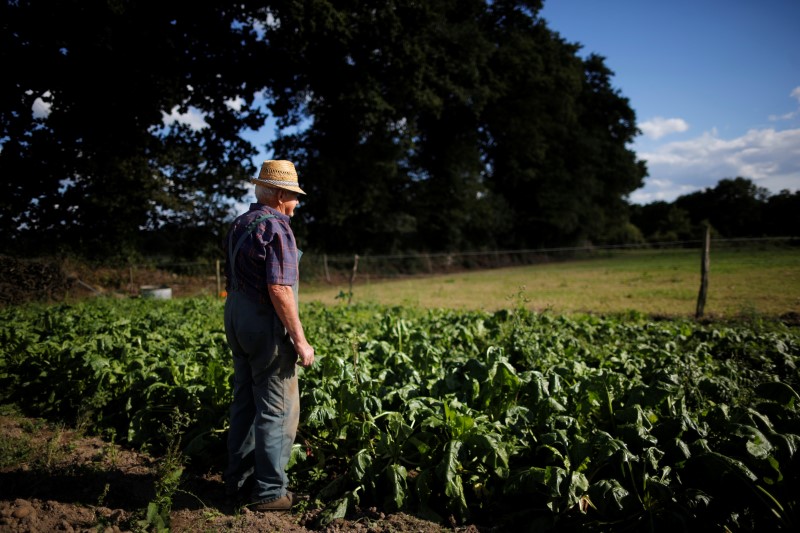By Alison Bevege
SYDNEY, March 4 (Reuters) - Australian authorities said onSunday they were checking whether rockmelons had been exportedfrom a farm where fruit contaminated with listeria has beenfound to have killed three elderly people and caused illness inat least 12 others. New South Wales Food Authority said that the company whoserockmelons, also called cantaloupes, had been contaminated withlisteria, is an exporter of produce. The Department of Agriculture and Water Resources toldReuters via email that it was investigating whether anyrockmelons, also called canteloupes, had been exported.
"Australia will be issuing notifications in line withinternational obligations when affected countries areidentified," the department said in the email.
It declined to name possible export destinations, or if anyhad been recalled, while the investigation was underway.
Australian rockmelons with an export value of about $20million per year go to Singapore, Hong Kong, New Zealand, theUnited Arab Emirates and Brunei, the Australian Melon Industrysays in a report on its website.
The suspect cantaloupes were found to have been farmed atNericon in the eastern state of New South Wales, however allgovernment departments contacted refused to name the companythat is the focus of the health scare.
But, Dianne Fullelove, industry development manager for theAustralian Melon Association, told Reuters by text message thatthe grower had issued a trade level recall, meaning that itsproduce should not be on sale anywhere, either inside or outsidethe country.
"There is none of the produce from the implicated farm nowin domestic or export markets," she said.
State health officials have confirmed they beganinvestigating the listeria outbreak on February 19.
Listeriosis does not cause illness in many people but it canresult in serious sickness and death in those with weakenedimmune systems.
Health authorities assured the public that all contaminatedrockmelons were removed from Australian supermarket shelves.
Listeriosis symptoms can take up to six weeks to appear. Theflu-like symptoms can lead to nausea, diarrhea, infection of theblood stream and brain.
The bacteria is found in soil, water and vegetation and cancontaminate food anywhere during the production process fromharvesting to serving.
Foods that can pose a risk of listeriosis include pre-cutmelons, cold salads, raw seafood and smoked salmon,unpasteurised milk products, sprouted seeds and raw mushrooms.
